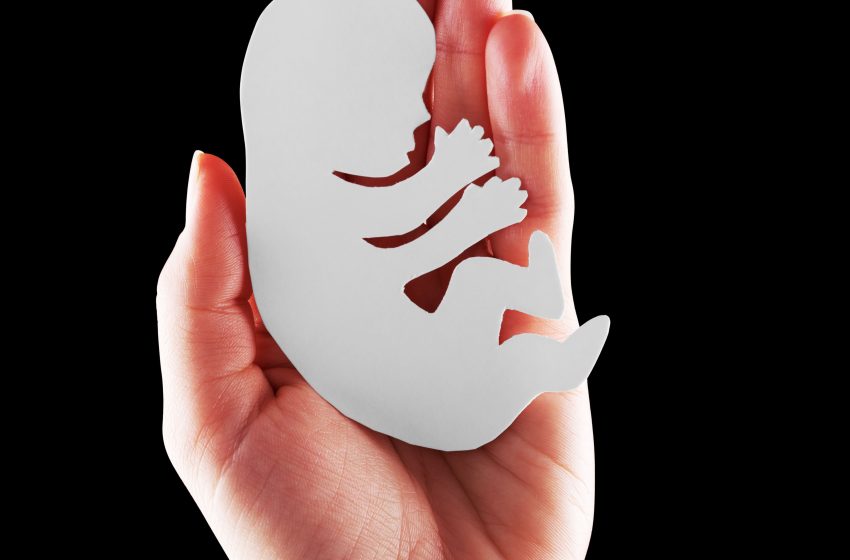What is Preimplantation Genetic Testing (PGT)-A?

Preimplantation Genetic Testing for Aneuploidy (PGT-A) is a groundbreaking advancement in reproductive medicine, designed to improve the success rates of assisted reproductive technologies like IVF (in-vitro fertilization).
As more couples turn to fertility treatments, the role of genetic testing has become increasingly significant. PGT-A helps identify genetic abnormalities in embryos before they are transferred to the uterus, increasing the chances of a successful pregnancy.
What is PGT-A?
Preimplantation Genetic Testing for Aneuploidy (PGT-A) is a type of genetic screening performed on embryos created through IVF. The goal of PGT-A is to examine the number of chromosomes in an embryo, ensuring that it has the correct number. Humans typically have 46 chromosomes, arranged in 23 pairs. Any deviation from this—called aneuploidy—can result in failed embryo implantation, miscarriage, or birth defects like Down syndrome.
PGT-A does not screen for specific genetic diseases, but rather, it ensures that embryos have the correct number of chromosomes, which is crucial for successful pregnancies. This is especially important for older women or couples who have experienced recurrent miscarriages or previous IVF failures.
How Does PGT-A Work?
PGT-A is performed in conjunction with IVF. After the eggs are retrieved and fertilized, the embryos are allowed to develop for several days. Once the embryos reach the blastocyst stage (around day five or six), a small sample of cells is taken from each embryo. These cells are then analyzed for chromosomal abnormalities. Importantly, the removal of cells for testing does not harm the embryo, and the embryo can continue to develop normally.
Here is a step-by-step breakdown of the PGT-A process:
- IVF Cycle: The process begins with a standard IVF cycle where eggs are retrieved from the ovaries and fertilized with sperm in a laboratory setting.
- Embryo Development: After fertilization, the embryos are monitored for five to six days until they reach the blastocyst stage.
- Biopsy: A small number of cells are taken from each embryo for genetic testing. This biopsy does not affect the embryo’s ability to develop.
- Genetic Analysis: The cells are analyzed in a genetic lab to determine whether the embryos have the correct number of chromosomes.
- Embryo Transfer: Only the chromosomally normal (euploid) embryos are selected for transfer, increasing the chances of successful implantation and a healthy pregnancy.
Benefits of PGT-A in IVF
PGT-A offers several significant benefits, especially for couples who have experienced difficulty achieving a successful pregnancy. Here are some of the primary advantages:
- Increased IVF Success Rates: By ensuring that only chromosomally normal embryos are transferred, PGT-A can increase the success rates of IVF cycles. This means a higher likelihood of pregnancy and fewer failed implantation attempts.
- Reduced Risk of Miscarriage: Aneuploid embryos are more likely to result in miscarriage. PGT-A helps minimize this risk by identifying and eliminating embryos with chromosomal abnormalities before transfer.
- Higher Chances for Older Women: As women age, the risk of chromosomal abnormalities in their eggs increases. PGT-A is particularly useful for women over the age of 35 who are undergoing IVF in Pakistan or elsewhere, as it helps improve the odds of selecting a healthy embryo.
- Fewer Embryo Transfers: Since only healthy embryos are transferred, the number of failed transfers is reduced, potentially shortening the overall IVF process for couples.
- Avoidance of Genetic Abnormalities: PGT-A helps avoid certain chromosomal disorders, such as Down syndrome, Turner syndrome, and trisomy 18, which can lead to developmental issues or miscarriages.
Who Should Consider PGT-A?
Not every IVF patient will need PGT-A, but it is highly recommended for certain groups of people. Couples or individuals considering IUI Treatment or IVF may find PGT-A beneficial under the following circumstances:
- Advanced Maternal Age: Women over the age of 35 are more likely to produce eggs with chromosomal abnormalities, which can be detected through PGT-A.
- Recurrent Miscarriage: Couples who have experienced multiple miscarriages can benefit from PGT-A to help identify and transfer only chromosomally normal embryos.
- Previous IVF Failures: For couples who have undergone multiple failed IVF attempts, PGT-A can help improve the chances of success by ensuring that only healthy embryos are transferred.
- Male Factor Infertility: Some cases of male infertility can result in chromosomal abnormalities in embryos. An infertility specialist may recommend PGT-A for couples with male factor infertility to improve their chances of a successful pregnancy.
- Family History of Chromosomal Disorders: If there is a family history of chromosomal abnormalities, PGT-A can be a proactive way to reduce the risk of passing these on to the next generation.
Limitations and Considerations
While PGT-A has many benefits, it is not without limitations. The testing is not perfect and cannot guarantee a pregnancy or eliminate all risks. Some embryos may still have undetected genetic issues, and not all chromosomally normal embryos will result in successful pregnancies.
Additionally, PGT-A can be expensive, and it adds an extra step to the IVF process, which may not be necessary for younger women or those without a history of infertility.
Conclusion
PGT-A has become a valuable tool in modern fertility treatment, helping to increase the chances of a successful pregnancy for those undergoing IVF. For couples seeking fertility care, especially through IVF in Pakistan, PGT-A offers an advanced way to select the healthiest embryos and improve overall success rates.
Whether you are considering IUI Treatment or IVF, this genetic testing can help ensure a safer, more effective path to parenthood.





